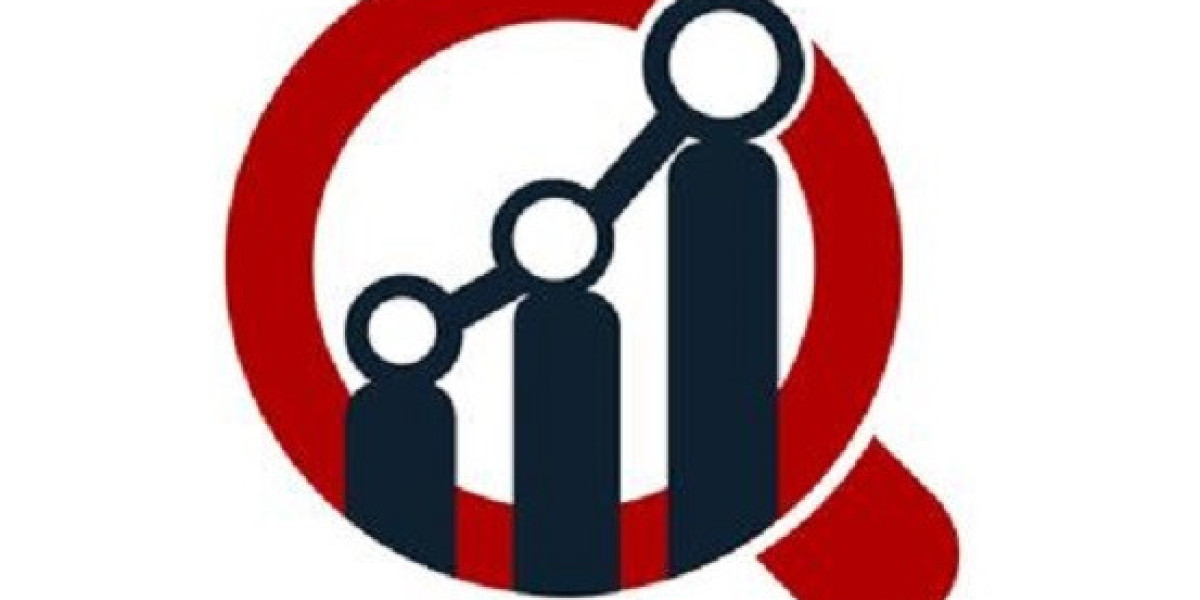In today's globalized tech world, mobile development outsourcing has become an integral part of many businesses' growth strategy. Companies often turn to outsourcing for a variety of reasons—cost-effectiveness, access to specialized skills, and faster development cycles, among others. However, the success of a mobile app project is heavily reliant on building a strong and effective working relationship with your outsourcing team.
1. Understand the Importance of Clear Communication
Clear and consistent communication is the backbone of any successful outsourcing relationship, particularly when working with mobile developers located in different time zones, regions, or cultures. Communication breakdowns can lead to misunderstandings, delays, and ultimately, project failure.
Set Clear Expectations from the Start
Before you begin working with an outsourced mobile development team, it’s critical to establish clear expectations regarding deliverables, timelines, goals, and key performance indicators (KPIs). These expectations should be documented in a detailed contract or project plan.
Be transparent about your vision for the mobile app, including features, user experience, and design elements. This will help your outsourcing team understand the project's scope and objectives, reducing the chances of delays or costly revisions later on.
Establish Effective Communication Channels
Choose appropriate communication tools that work for both your in-house team and the outsourced mobile developers. Tools such as Slack, Microsoft Teams, Zoom, and project management software like Jira or Trello allow for seamless and real-time communication. Regular meetings (whether daily stand-ups or weekly check-ins) are essential to stay updated on progress, discuss roadblocks, and ensure alignment.
Make sure that communication is not just about discussing work but also building rapport. Take the time to get to know your outsourced team members and their working styles. This will create a better understanding between both parties and foster a more collaborative working environment.
2. Build Trust with Your Mobile Development Team
Trust is one of the most important elements of any working relationship, especially in outsourcing. When outsourcing mobile development, you are entrusting the execution of your project to another team. Building trust with your outsourcing team will lead to better collaboration, smoother processes, and higher-quality output.
Delegate Responsibility and Empower Your Team
Outsourcing mobile development means you’re entrusting others to handle a critical part of your business. Avoid micromanaging the team, as it can stifle creativity and reduce the team's motivation. Instead, delegate responsibility, empower them to make decisions, and give them the autonomy to solve problems.
A good outsourcing partner should be able to deliver results with minimal supervision. By trusting their expertise and allowing them to take ownership of their work, you are fostering a more productive working relationship.
Be Transparent and Honest
Honesty and transparency go a long way in building trust. When things go wrong, or challenges arise, don’t hesitate to communicate the issues with your outsourcing team. Likewise, make sure that the outsourcing team is equally transparent about their progress, challenges, and timelines.
Regularly updating both parties on project status—both successes and setbacks—will help build an open and honest relationship. Additionally, providing feedback in a constructive manner and being open to their suggestions will build mutual respect.
3. Align Your Goals and Priorities
For a project to succeed, it’s essential that both parties are aligned on the goals, priorities, and the overall project vision. Misalignment on objectives can lead to confusion, wasted resources, and subpar results.
Set and Agree on Project Milestones
Establishing clear milestones ensures that the project stays on track and that both parties are aligned in terms of progress and expectations. Milestones help break down the development process into smaller, manageable tasks, allowing you to monitor the progress of each phase.
Make sure that the outsourcing team is on board with the milestones and deadlines you’ve set. This shared understanding will minimize miscommunication and avoid any surprises.
Prioritize Features and Requests
In mobile development outsourcing, there may be multiple features and requirements competing for attention. It’s crucial to prioritize these features based on importance, feasibility, and business impact. By setting clear priorities, you ensure that your team focuses on what matters most.
If you have multiple requests, clarify which ones are urgent and which can be addressed later in the process. This will help the outsourcing team manage their resources and time more efficiently, leading to a more successful project outcome.
4. Respect Cultural Differences
Cultural differences can have a significant impact on how your outsourcing team operates. Understanding and respecting these differences can go a long way in building a harmonious and productive working relationship.
Recognize the Importance of Time Zones
When working with a mobile development outsourcing team in different time zones, it’s essential to be mindful of the hours they are available. Make sure to schedule meetings at times that are convenient for both teams, considering working hours and time zone differences. This will prevent misunderstandings and ensure that communication flows smoothly.
Be Open to Diverse Working Styles
Teams from different regions may approach work differently. For example, developers from different cultures might have varying levels of formality in their communication or different methods of problem-solving. Be open to adapting your style and fostering an environment that accommodates these differences.
When managing an outsourcing team, be aware of potential language barriers. While English is often the common language for global communication, there might still be nuances lost in translation. If needed, be patient and clarify points when necessary.
5. Provide Regular and Constructive Feedback
Providing feedback is a vital part of managing your mobile development outsourcing team. Regular feedback ensures that the project is progressing as expected and helps the team make adjustments where needed.
Provide Timely Feedback on Deliverables
When you receive deliverables from your outsourced mobile team, review them promptly and provide feedback. Delayed feedback can slow down the development process and cause frustration for your outsourcing team.
When offering feedback, be specific about what works and what doesn’t. This clarity ensures that the team understands your expectations and can make the necessary revisions or improvements. Constructive criticism will help guide the team toward producing higher-quality work.
Celebrate Successes
While feedback often focuses on improvement, it’s equally important to recognize and celebrate the team’s successes. Praise their hard work, dedication, and accomplishments. This fosters motivation and strengthens the working relationship.
Positive reinforcement, even in small doses, can go a long way in keeping the team engaged and focused on delivering high-quality results.
6. Be Flexible and Adaptable
In the world of mobile app development, things don’t always go according to plan. Unexpected challenges and technical difficulties are a part of the process. Building flexibility into your approach and being adaptable when things change will help maintain a positive relationship with your outsourcing team.
Be Ready for Changes in Scope
In mobile app development, it’s not uncommon for requirements or features to change as the project progresses. Flexibility is essential to accommodating these changes while maintaining project timelines and quality. Work with your outsourcing team to adjust the scope and timeline as needed without compromising on the project’s objectives.
Adjust to Technical Challenges
Mobile app development often involves tackling new technologies, APIs, and platforms. Technical challenges are common and can impact the project's timeline. When these challenges arise, collaborate closely with your outsourced team to find solutions. Demonstrating patience and understanding during these times will help preserve a positive relationship.
7. Maintain a Long-Term Partnership
Finally, remember that outsourcing mobile development doesn’t have to be a one-time engagement. If the relationship is successful, consider fostering a long-term partnership with your outsourcing team. This can bring several benefits, including familiarity with your business needs, faster project initiation, and a more efficient development process over time.
A long-term relationship with an outsourcing partner also means they are more likely to go the extra mile to meet your expectations and offer valuable insights into improving your mobile app.
Conclusion
Building a strong working relationship with your mobile development outsourcing team is essential to the success of your mobile app project. By focusing on clear communication, trust, alignment on goals, respect for cultural differences, providing regular feedback, and maintaining flexibility, you can foster a positive and productive working relationship.
Outsourcing mobile development offers tremendous benefits for businesses, but only when managed effectively. By following these strategies, you can ensure that your mobile development outsourcing experience is a successful one, delivering high-quality apps on time and within budget.
By establishing a solid partnership with your outsourcing team, you are not just outsourcing tasks—you’re creating a collaborative working environment that will contribute to your long-term success in the mobile app market.















